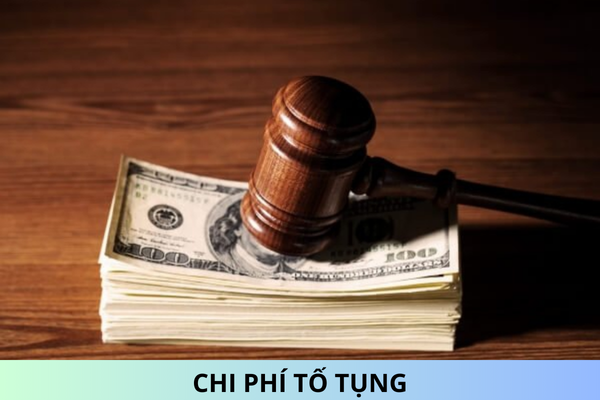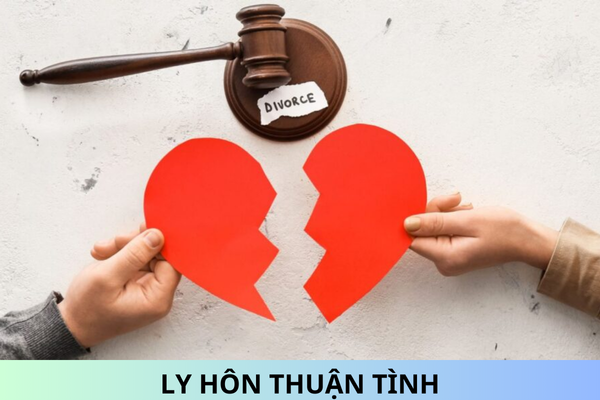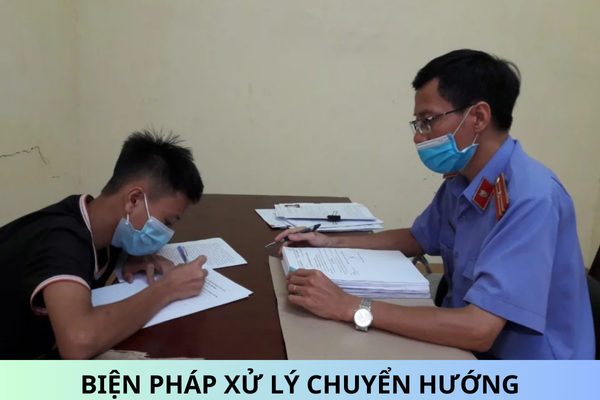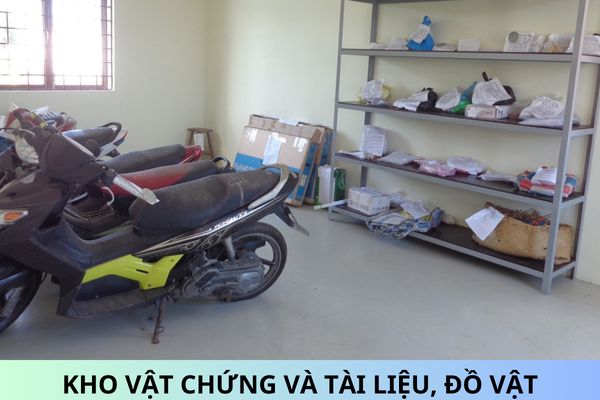Can the defendant's mother be a witness in Vietnam? Do accused persons have right to prove their innocence in Vietnam?
Can the defendant's mother be a witness in Vietnam? Do accused persons have right to prove their innocence in Vietnam? Can I refuse to testify when subpoenaed by the court in Vietnam?
Can the defendant's mother be a witness in Vietnam?
I want to ask if there is a child who is the defendant and wants the mother to be a witness in a criminal case, is it possible?
Reply:
Pursuant to Clause 2, Article 67 of the 2015 Criminal Procedure Code stipulates as follows:
2. The following persons cannot be a witness:
a) Kindred of accused persons or given authority to institute legal proceedings;
b) Persons deprived of judicious consciousness due to mental or physical impairment;
c) Persons less than 18 years old;
d) There are evidences of a person’s bias.
Pursuant to Point e, Clause 1, Article 4 of the 2015 Criminal Procedure Code, it is stipulated as follows:
e) Kindred of persons engaging in or commission to institute proceedings is composed of individuals having relationships with persons participating or authorized to conduct proceedings. Such individuals include spouse, biological and adoptive parents, parents in law, biological and adopted children, paternal and maternal grandparents, biological siblings, maternal and paternal great grandparents, biological uncles and aunts, biological nephews and nieces.
Thus, the defendant's mother cannot be a witness in the above criminal case in Vietnam.

Can the defendant's mother be a witness in Vietnam? Do accused persons have right to prove their innocence in Vietnam? (Image from the Internet)
Do accused persons have right to prove their innocence in Vietnam?
I want to know, according to current regulations, do accused persons have right to prove their innocence in Vietnam?
Reply:
Pursuant to Article 15 of the 2015 Criminal Procedure Code, regulations on determination of facts in a lawsuit are as follows:
Competent procedural authorities are held liable for proving guilt. A accused person is entitled to but is not obliged to prove his innocence.
Competent procedural authorities, within their duties and authority, must use legitimate measures to determine the facts of a lawsuit in unbiased, thorough and complete ways, to clarify the evidences of guilt and innocence, aggravation and mitigation of criminal liabilities of the accused person.
Thus, according to the above regulations in Vietnam, the responsibility of proving a crime belongs to the competent authority conducting the proceedings. The accused persons have the right but is not obliged to prove their innocence.
Can I refuse to testify when subpoenaed by the court in Vietnam?
I was a witness in a traffic accident that happened on National Highway 1A. After the accident, the traffic police asked me to take my statement and record it in a record. Last week, the court sent me a summons to attend the trial as a witness. Because my work is very busy, I do not want to attend the trial. Please advise if I do not come, will I be prosecuted for criminal liability? Thank you.
Reply:
Pursuant to Article 66 of the 2015 Criminal Procedure Code, witness testifiers possess knowledge of facts relating to the crime and lawsuit and receive competent procedural authorities' subpoena to testify. Witnesses are obliged to appear in accordance with the summons of the competent authority conducting the proceedings.
If their absence due to any but not force majeure or objective obstacles hinders the handling of criminal information, charges, investigations, prosecution, adjudication, they may be escorted by force. If witness testifiers give false testimonies, decline or elude testification for any excuses not relating to force majeure or objective obstacles, they shall incur criminal liabilities as per the Criminal Code.
In your case, you have been identified by the prosecution as a witness. If you have complete witness statements and request the court to hear the witness absent, the court will consider it.
Your absence from court must be due to force majeure or objective obstacles and must not hinder the trial. Your absence from court will be decided by the court. If the court has summoned you because your absence will hinder the trial, you must come, otherwise you will be escorted according to the law in Vietnam.
Best regards!










